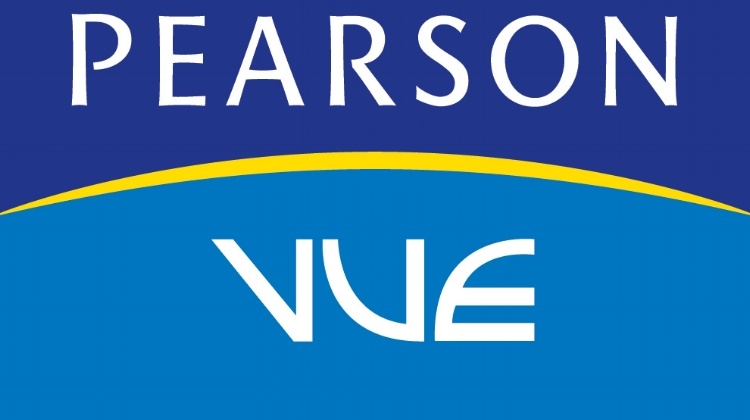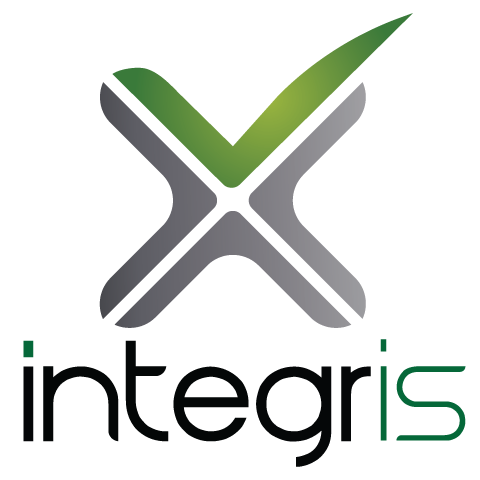Frequently Asked Questions
Which course should I follow?
It all depends on your interests and previous qualifications and experience; however, we understand that with so many choices available it is difficult to choose! Before enrolling on a course, we always recommend a one to one meeting with one of our representatives who can guide you towards the most suitable course for you. e-mail us on [email protected] or call on 21453200.
What are the entry requirements for STC Higher Education courses?
Entry Requirements vary according to course. Application forms are vetted carefully, and applicants are informed whether they have been accepted within a few days’ week where possible. Below you will find some general guidelines:
International Foundation Year
Students must have successfully completed secondary school education in an appropriate range of subjects.
AND EITHER
Have the required minimum result in the NCC Education Standard English Placement Test.
OR
Have a valid score of 4.5 or above in the International English Language Testing System (IELTS) examination or equivalent.
Students who successfully complete this qualification gain access to the first step within the degree pathway, the International Diploma in Computing or Business. Candidates must pass all core Units and two elective Units to be awarded the Level 3 International Foundation Diploma for Higher Education Studies certificate
Computing Degree Pathway
The International Foundation Year Diploma in Computing or a minimum of 4 O’levels including English, Computing/IT, and four subjects to enroll on the Diploma in Computing / DCL4 (MQF Level 5). To start the BSc 2nd year students must have successfully completed the DCL4 or an equivalent qualification. Only students who complete all BSc 2nd year modules can move on to the final year of the Uk University BSc.
Mature students over the age of 21, are considered on an individual basis and do not necessarily have to meet the above requirements.
Business Degree Pathway
The International Foundation Year Diploma in Business or a minimum of 4 O’levels to enroll on the Diploma in Business / DBL4 (MQF Level 5). To start the 2nd year students must have successfully completed the DBL4 or an equivalent qualification. Only students who complete all DBL5 2nd year modules can move on to the final year of the Uk University BSc.
Mature students over the age of 21, are considered on an individual basis and do not necessarily have to meet the above requirements.
IT Professional Courses
Entry requirements for these courses depend on the course in question. Normally those who apply for such courses have several years of work experience within management or IT.
Since professional courses are normally beginners’ courses most do not have any specific entry requirements. With regards to the programming short courses a basic understanding of this field is recommended. A good level of English is essential.
If you do not have the necessary requirement, we also provide you with foundation courses that will provide you with the entry requirement for your diplomas.
When can I apply for a course and when are the closing applications?
Applications are open all year-round and normally close two months in advance of course commencement for degree courses and one month in advance for other courses. Some of our courses fill up fast and have waiting lists; we, therefore, suggest that you apply as early as possible to avoid disappointment. Usually Degree pathway intakes are held In October and possibly a second intake is available in January. However, this is always subject to student numbers.
I want to join the degree programme but I will be unavailable for an extensive period of time during my studies.
The education programmes we offer are extremely flexible and modular in form. This means that generally speaking students can plan their own study time. If there is a particular event in your life, which requires a period of time where you will have to be absent from classes, talk to us (ideally much in advance!) and we will be able to guide you! In case, of unexpected circumstances students are able to apply for an extension which will then need to be approved.
How are STC Higher Education Courses assessed?
STC Higher Education courses are assessed through a variety of forms. These include exams, assignments, individual projects, group projects and dissertations.
When are exams held?
Degree pathway course exams are held at the end of each respective module and exams for IT professional courses and short courses are normally held at the end of course. Not all courses are assessed through exams.
What if I fail my exam?
Degree pathway course exams are held at the end of each respective module and exams for IT professional courses and short courses are normally held at the end of the course. Not all courses are assessed through exams.
How can I settle course fees?
Individuals can settle their fees in person at our front office, by writing out a cheque to STC Training LTD, paying via Visa card, Cash or Bank transfer. Our opening hours are Monday to Friday between 8.30 – 17:30.
Are there any schemes and grants which offer financial help with course fees?
Yes, there are various schemes and grants available to students and most of our courses are eligible for a 70% refund. Click here for more eligibility details regarding such schemes. Link of Get Qualified.
Easy payment Scheme (For Local Students only) We offer flexible payment plans!
The course fee may be split into monthly payments without interest rates for your convenience.
What are your opening hours?
Our opening hours are Monday to Thursday between 8.30 – 21.00 and Friday between 8:30 – 17:00. We are closed on Saturdays, Sundays and Public Holidays.
What is the the Difference between MQF and QCF level?
The Malta Qualifications Framework (MQF) assists in making the Maltese qualifications system easier to understand and review, and more transparent at a national and international level. The Malta Qualifications Framework is also a referencing tool that helps to describe and compare both national and foreign qualifications to promote quality, transparency and mobility of qualifications in all types of education. It is mainly referenced to the European Qualifications Framework (EQF) as well as to other non-European qualifications frameworks.
The Malta Qualifications Recognition Information Centre (MQRIC) is the competent body within the NCFHE that recognises qualifications against the Malta Qualifications Framework (MQF) .
It provides recognition and comparability of both academic and vocational qualifications, using both the Malta Qualifications Framework (MQF) and the European Qualifications Framework (EQF) to provide recognition advice on both local and international qualifications. It also assists in the recognition of Maltese qualifications abroad. MQRIC is also the local official ENIC-NARIC centre in Malta and forms part of the ENIC-NARIC Network.
What are ECTS Credits?
ECTS (European Credit Transfer System) and was created for higher education systems throughout the European Union. ECTS credits represent the workload and defined learning outcomes of a given course or programme. One ECTS is equivalent to 25-30 hours of total learning, including contact hours, self-study and assessment hours. 60 credits are the equivalent of a year of full-time study or work. A “first cycle” qualification (or Bachelor) consists of 180 to 240 credits, whereas a “second cycle” qualification (or Master) consists of 90 to 120 credits. The allocation of ECTS for the third cycle (PhD) Degree is variable across countries. ECTS is also used in other key documents to help organize and follow a student’s learning path and mobility. These include the Course Catalogue, the Learning Agreement, the Transcript of Records, and the Diploma Supplement
An MQF level 5 diploma must consist of 60 ECTS.
An MQF Level 6 undergraduate degree must consist of 180 ECTS spread over a minimum of three academic years.
An MQF Level 7 postgraduate master degree must consist of a minimum of 60 ECTS.
What is the language of tuition at STC Higher Education?
The language of tuition here is English.
How many students are typically in a Classroom?
STC believes in providing as much one on one attention as possible and does not accept more that 30 students in a class.
of our graduates hold a position related to their degree objective
SiteMap
 STC Higher EducationGraduation Ceremony 2024: Celebrating Excellence at STC Higher EducationNovember 26, 2024 - 2:54 pm
STC Higher EducationGraduation Ceremony 2024: Celebrating Excellence at STC Higher EducationNovember 26, 2024 - 2:54 pm STC Higher Education Empowers Seniors with Essential Digital SkillsSeptember 20, 2024 - 4:44 pm
STC Higher Education Empowers Seniors with Essential Digital SkillsSeptember 20, 2024 - 4:44 pm University of Wolverhampton Ranks Among Top 6 Best UK Universities for Business and ManagementSeptember 12, 2024 - 6:10 pm
University of Wolverhampton Ranks Among Top 6 Best UK Universities for Business and ManagementSeptember 12, 2024 - 6:10 pm STC Higher Education celebrates graduation ceremonyJanuary 5, 2024 - 5:12 pm
STC Higher Education celebrates graduation ceremonyJanuary 5, 2024 - 5:12 pm






